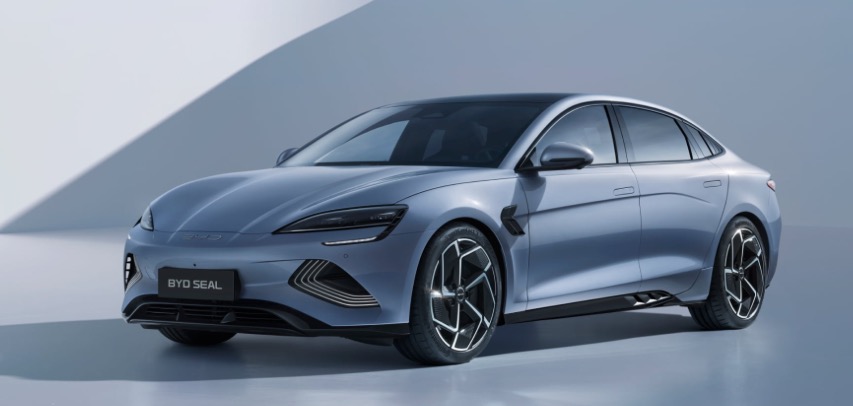
BYD Eyes Canadian Market Amid Potential Tariffs
BYD is poised to enter the Canadian auto market, a move expected to significantly impact the electric-vehicle (EV) segment and attract federal scrutiny. Trade officials in Ottawa are currently considering tariffs on EVs imported from China, according to AutoNews Canada.
Public documents filed in late July reveal that lobbyists for BYD have registered with federal and Ontario governments to “advise on matters related to the expected market entry of BYD into Canada for the sale of passenger electric vehicles, and the establishment of a new business, and the application of tariffs on EVs.”
The company’s launch strategy in Canada remains unclear, but an industry source stated that BYD has met with Canadian dealers about establishing local dealerships. BYD did not respond to requests for comments on its Canadian rollout, potential manufacturing plans, or navigating possible tariffs.
BYD, which surpassed Tesla as the world’s top-selling EV maker in 2023, would be the first major Chinese automaker to sell passenger EVs in Canada. The company has a presence in Mexico, delivering 100 Yuan Plus compact crossovers and planning a factory to build plug-in hybrid pickups, creating over 1,000 jobs.
Canada is concluding its review of Chinese state support for automakers, which could lead to tariffs. Flavio Volpe, president of the Automotive Parts Manufacturers Association, highlighted the significant increase in China’s share of Mexico EV imports. He emphasized the need for Canada to implement tariffs to protect the domestic market and North American manufacturing.
Joe McCabe, CEO of AutoForecast Solutions, suggested that BYD might use Canada and Mexico as entry points before targeting the U.S. market. Despite rising trade barriers, BYD’s entry into the Canadian market represents a strategic step to develop market share.
Concerns about cheap Chinese EVs have been growing among North American automakers. However, Samir Akhavan, managing partner at Templeton Marsh, believes BYD’s initial volumes in Canada will be low, posing limited immediate threat to incumbent automakers.


